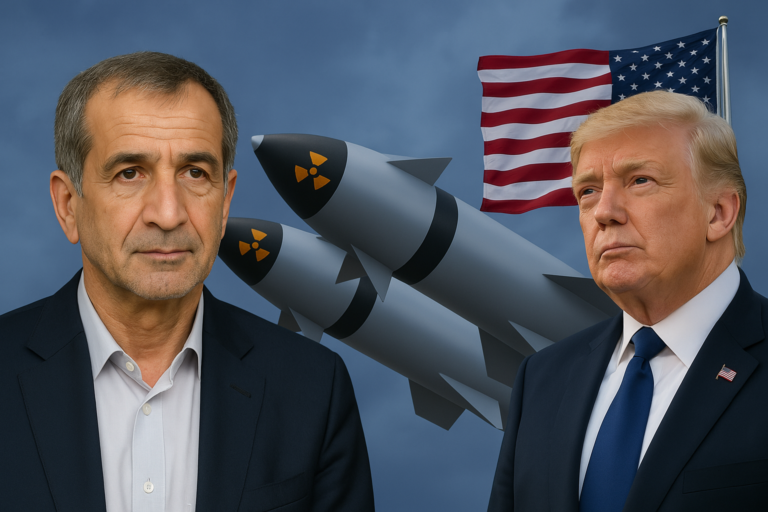In a dramatic turn of events, tensions between the world’s two largest economies have reached a boiling point once again. China has vowed to “fight to the end” in response to former U.S. President Donald Trump sets an additional 104% tariff on Chinese goods, further deepening the long-standing trade war.
The fiery statement came just hours after Trump, who is currently leading the Republican race in the U.S. presidential election, doubled down on his tough-on-China rhetoric. Speaking at a rally, Trump accused China of “economic warfare” and pledged that, if re-elected, he would impose the steepest tariffs yet in a bid to “bring back American jobs.”
China’s Ministry of Commerce issued a strongly worded response early Tuesday, calling the potential tariffs “unreasonable and damaging” and warning that the country is fully prepared to take “all necessary countermeasures.”
“We do not want a trade war, but we are not afraid of one,” said spokesperson Li Qiang. “If the United States insists on escalating, China will fight to the end to protect its sovereignty and economic interests.”
A Familiar Battlefront
The U.S.-China trade war, which began during Trump’s first term, has already led to billions of dollars in tariffs on both sides, disrupting global supply chains and causing market jitters. While the Biden administration had taken a more measured approach, focusing on targeted restrictions and diplomacy, Trump’s latest remarks signal a possible return to aggressive tariff policies.
Analysts believe China’s response isn’t just about defending its economy—it’s also about sending a message ahead of a politically charged U.S. election season. “This isn’t just economic posturing. It’s geopolitical chess,” said Mei Ling Chen, a trade policy expert based in Shanghai.
Ripple Effects on Global Markets
Financial markets reacted swiftly to the growing tension. Asian stocks dipped, and the Chinese yuan slid against the dollar, while Wall Street opened lower on Tuesday amid investor concerns over supply chain stability and increased costs for consumers.
American business groups have also expressed concern. “Tariffs are a tax on American consumers,” said John Murphy, a representative from the U.S. Chamber of Commerce. “Escalating this trade war will hurt American farmers, manufacturers, and families.”
Meanwhile, in China, state-run media has ramped up its nationalist messaging, portraying Trump’s tariff threats as an attempt to bully China into submission. “China will never be intimidated,” read an editorial in the People’s Daily.
What’s Next?
With Trump pushing a hardline agenda and China refusing to back down, experts warn that the trade war could enter an even more volatile phase.
“Neither side is willing to blink first,” said global economist Dr. Anya Roberts. “We’re looking at a prolonged standoff that could impact everything from tech supply chains to global inflation.”
As both nations dig in their heels, the world watches closely—once again caught in the crossfire of a superpower showdown.








1 thought on “Trump Raises China Tariffs to 104% as Trade War Escalates”
Comments are closed.